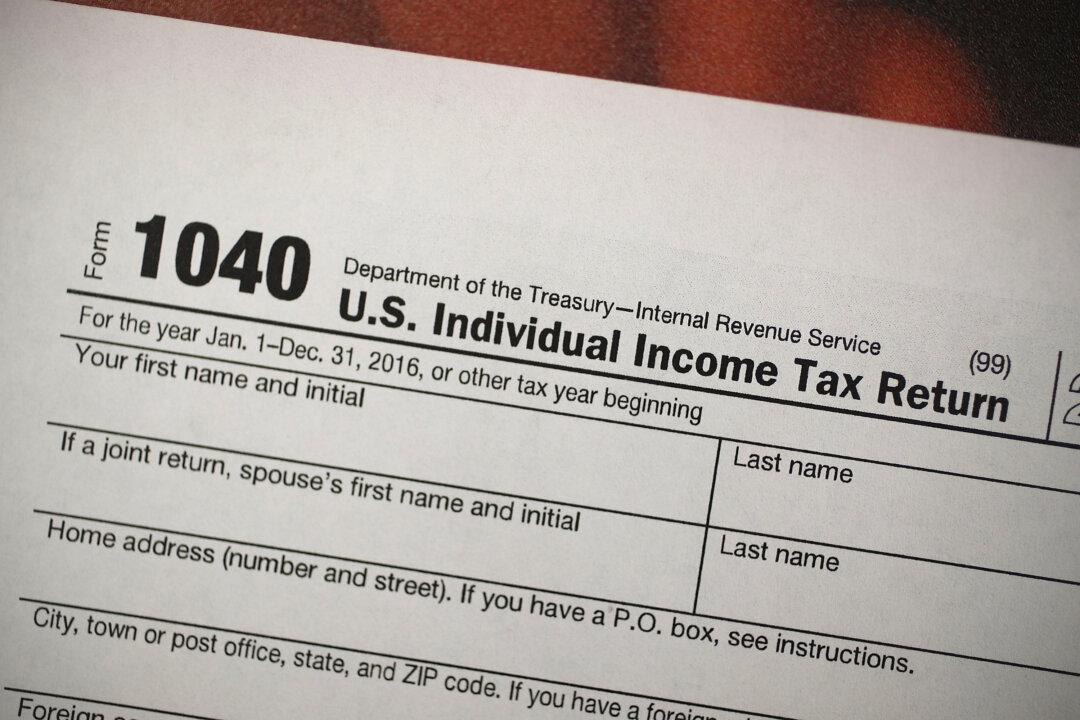The Internal Revenue Service (IRS) issued a “renewed warning” on Tuesday, calling on people to be aware of employee retention credit guidelines amid widespread promotions that push “ineligible people to file” for the credit.
“While this is a legitimate credit that has provided a financial lifeline to millions of businesses, there continue to be promoters who aggressively mislead people and businesses into thinking they can claim these credits,” said acting IRS Commissioner Doug O'Donnell in a notice. “Anyone who is considering claiming this credit needs to carefully review the guidelines.”





